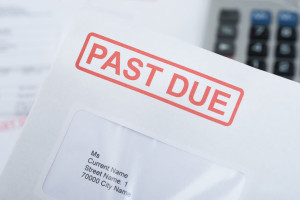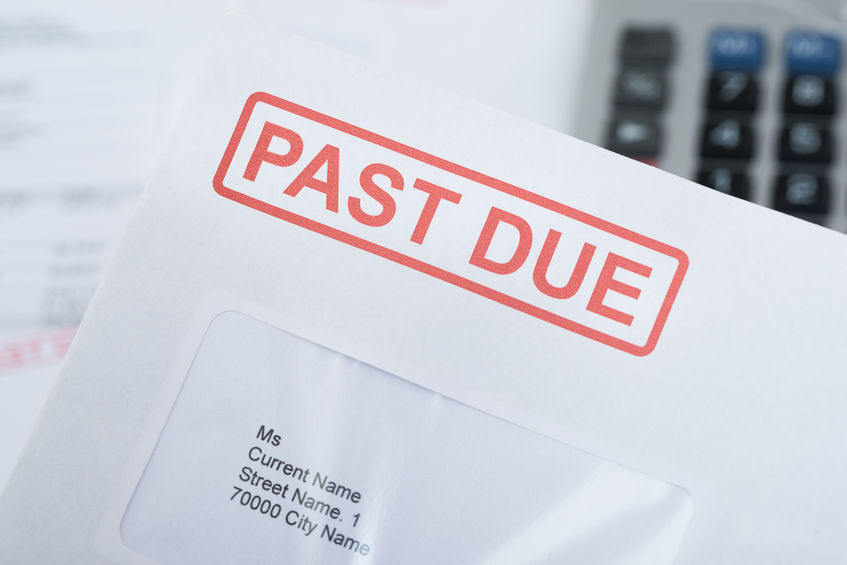
To help people ease their financial burden, there are about five primary options for debt relief, ranging from debt settlement to bankruptcy. In this post, we’re going to explore one of the most common types of debt relief options – Debt Consolidation. Keep reading to find out what it means, how it works, and if it’s the right option for you.
What is Debt Consolidation?
Debt consolidation is the act of taking out a new loan to pay off unsecured consumer debts and other liabilities. After debt consolidation, you end up with one new, but bigger, loan to pay back, usually at a reduced interest rate.
Some people confuse debt consolidation with other debt-relief options like debt management and settlement.
In debt management, you meet with a credit counselor to help you set up a plan to pay off your credit card companies, usually, at a reduced interest rate they have negotiated with some of them. You then make payments to the counselor, who distributes the money to your creditors.
With a debt settlement, the goal is to negotiate with the lenders for a reduction in your loan. If an agreement is reached, you’ll have to pay all of the agreed-upon fees.
On the other hand, debt consolidation is simply just replacing multiple smaller loans with a large one. For instance, transferring your credit card debt to one card or line of credit. This eases your financial burden as you have only one loan to focus on.
Debt Consolidation Options
There are several ways through which debt consolidation can be attained. Some of the most common methods include:
- Low-Rate Credit Card
A balance transfer card is a credit card designed for debt consolidation. If you have an excellent credit score, you might be eligible for an introductory period of 0%, typically for about 18 months. By transferring all your debt to the new account (usually for a fee), you can quickly make all the payments during the introductory period to avoid paying interest. However, if your loan extends beyond the introductory period, you’ll have to start paying interest at a rate similar to regular credit cards (14 to 24%).
Alternatively, you may apply for a new low-interest loan if your credit is good. Keep in mind that interest rates are usually variable. But if you make the agreed-upon payments, you’ll be just fine.
- Personal Loan
You may also get a personal loan from your bank or a debt consolidation company. This loan is then used to pay off your smaller debts. Since this type of loan is usually unsecured, creditors are only willing to lend to people with good credit scores (FICO scores in the mid-600 range or above). When looking for a loan, the goal is to look for a low-interest one to reduce the repayment burden. It’s important to ensure that, at the end of the day, you don’t end up paying more than you currently owe – it defeats the purpose. Therefore, do your research and calculations thoroughly.
- Secured Loans
These are loans that are secured by an asset. Common examples include a home equity loan or line of credit. With a Home Equity Line of Credit (HELOC), you can borrow money, with your home as collateral. Interest rates are typically lower than personal loans and the payback period may range from 5 to 20 year.
Note that since it’ secured, your debts cannot be erased by even bankruptcy. So if you eventually declare bankruptcy, you risk losing your home. Make sure you’re certain of your ability to pay back before obtaining a secured loan.
- Retirement Plan Loan
A 401k loan doesn’t require credit checks because you’re essentially borrowing from yourself, and paying the interest to yourself. What’s more, the interest rate is typically lower than your bank and it’s not going to appear on your credit report. However, it can get risky. If you lose your job and can’t make payments, your loans become withdrawals, and Uncle Sam asks for their share (taxes!!!). Similarly, you have to pay it off within 5 years or face severe penalties. That’s why conventional wisdom dictates that retirement money shouldn’t be touched.
Assess Your Situation – Is Debt Consolidation Right for You?
Before you jump into a debt consolidation plan, evaluate all your debts, interest rates, and terms of your current loan. Thereafter, ask the following question:
- Am I paying predatory interest rates on some of my loans?
- Would consolidating my debt make my new monthly payment lower than the sum of my current payments?
- Would I be able to secure a loan with an interest rate that’s lower than the weighted average of my current rates?
- Would I be able to keep up with the monthly payments and get out of debt?
If your answer to all of these questions is yes, then debt consolidation might be right for you.
However, debt consolidation would be a terrible idea in the following cases:
- Your credit score is low
If your FICO score is below 620, it’ll be extremely difficult to find low-interest loans. With a high-interest rate, you risk getting even deeper in debt.
- Multiple defaults on your payments
Debt consolidation isn’t going to magically wipe off your debt. If you can keep up to, at least, most of your monthly payment currently, there’s little assurance you’ll be able to do so after debt consolidation.
- Your debt is too high
If the payments you’ll have to make is more than half your income, repaying might be unfeasible. If you cannot pay off within the next 5 years, then declaring bankruptcy might be a better option. At least, it’ll give you a fresh start in your financial life.
Wrap Up
If you’ve assessed your situation and you’re sure bank consolidation is the right way to go, make sure you do proper research so you can secure low-interest loans. Card-comparison sites like CreditCards.com, CardRatings.com, and Nerd wallet, can help you to make a comparison between low-rate cards.
For home equity borrowing, check out companies like Lending Tree, Bankrate.com, and Quicken Loans that offer those services. Your current mortgage lender and even local credit union may also be of help.
If you’re looking for a personal loan, your first stop should be credit unions because they typically have favorable rates and great customer service. Other potential lenders include your bank and social lenders like LendingClub, payOff loan, and Prosper.
The most important thing to remember is that before opting for debt consolidation, you have to be certain that it will help ease your overall financial burden.
Always consult a legal professional before making any other decisions. We can help.

